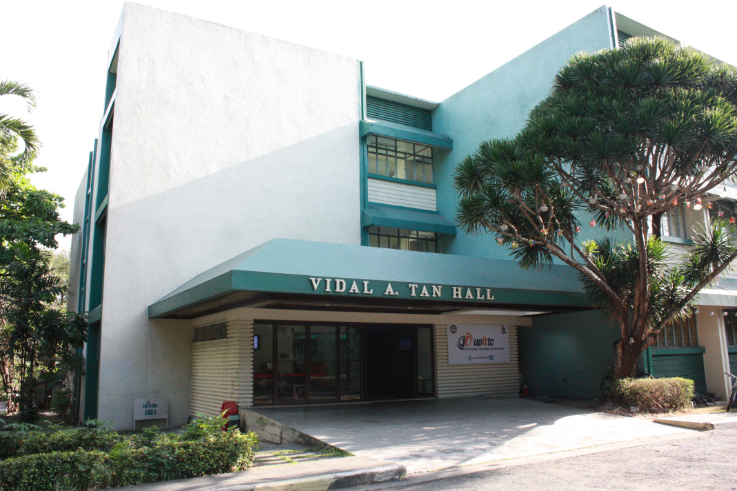ABOUT UP ITDC
At its 1179th Meeting held on 26 February 2004, upon the recommendation of University of the Philippines (UP) President Francisco Nemenzo (1999-2005), the UP Board of Regents (BOR) approved the creation of the University of the Philippines Information Technology Training Center (UP ITTC) program under the Office of the Vice President for Development. On 22 July 2004, the BOR appointed Assistant Vice President for Development, Dr. Jaime D.L. Caro, as UP ITTC Director. For the program's full-scale implementation, UP proposed a project for funding by the Japan International Cooperation Agency (JICA).This project was dubbed as the Japan-Philippines Technical Cooperation Project on Philippine IT Human Resources Development (ITHRD), which was approved by JICA. Its operation started on 20 July 2004, for a term of four years and which was extended by another year.
For the program's full-scale implementation, UP proposed a project for funding by the Japan International Cooperation Agency (JICA).This project was dubbed as the Japan-Philippines Technical Cooperation Project on Philippine IT Human Resources Development (ITHRD), which was approved by JICA. Its operation started on 20 July 2004, for a term of four years and which was extended by another year.
The UP ITTC was the first information technology (IT) training center in the country to be ISO 9001:2008 certified, and compliant with American Accreditation Standards (AMAD) and European Accreditation Standards (RVA) compliant.
By 2009—the end of the UP ITTC program—the University of the Philippines System (UPS) opted to continue the program as a self-sustaining unit with the mandate to expand the knowledge base of the Filipino information and communications technology (ICT) community.
As a leader in specialized IT trainings, software or applications development, and ICT consulting, the Center offers a wide array of services to meet specific business needs of its clients. The UP ITTC began to offer customized solutions for a diverse range of clientele from various industries—from business to government agencies, charitable institutions, and nongovernment organizations.
With the restructuring and expansion of the roles and functions of the Center, it was renamed as the University of the Philippines Information Technology Development Center (UP ITDC) in 2012 during the 1279th Meeting of the BOR held on 29 March 2012.
Currently, Director Paulo Noel G. Paje leads the Center. In 1997, together with another faculty member of the UP Diliman (UPD) Department of Computer Science, he designed and developed the maiden version of the UPD Computerized Registration System (CRS), the first web-based enrollment system in the country. He also pioneered UPD's cashiering system and other software systems that support the university's academic and administrative functions. Director Paje earned his bachelor's degree in Computer Science from UP Los Baños and his master's degree in Technology Management from UP Diliman (1st batch).
VISION / MISSION
To be a leader in academic information and communications technology (ICT) innovation, providing secure, reliable, and cutting-edge solutions that enhance teaching, learning, research, and administrative efficiency in support of the university’s mandate—fully committed to honor, excellence, and service.To provide innovative, secure, and efficient information and communications technology (ICT) solutions that support excellence in teaching, learning, research, and administration. We are committed to fostering digital transformation, enhancing user experience, and ensuring reliable ICT infrastructure to empower the university community in achieving its academic and institutional goals with honor, excellence, and service.
OUR MANDATE
- Provide instruction and technical assistance to students, faculty and staff as required in order to maximize use of available technologies.
- Offer IT training, consulting, content and software development and other IT services to external University stakeholders.
- Facilitate the adoption, utilization and integration of appropriate information technologies into academic practices and activities.
- Efficiently and flexibly utilize ICT in residential, distance and alternative learning modes of instruction.
- Conduct advocacy campaigns to promote the development of ICT in the Philippines.
- Provide advice and opinion to the Philippine Government and its instrumentalities on ICT matters.


